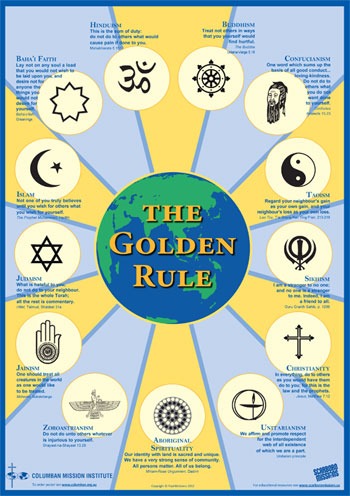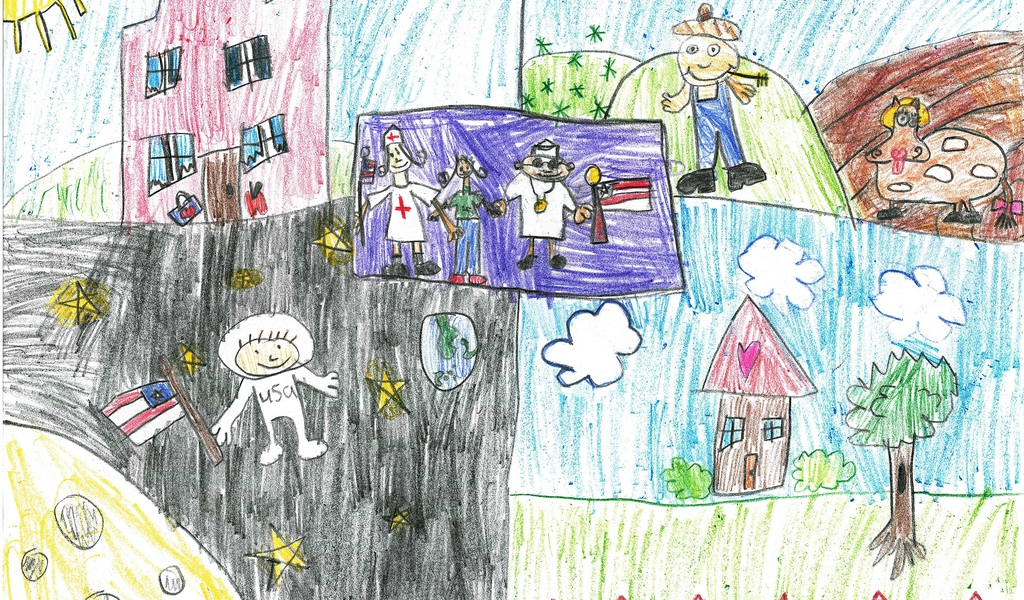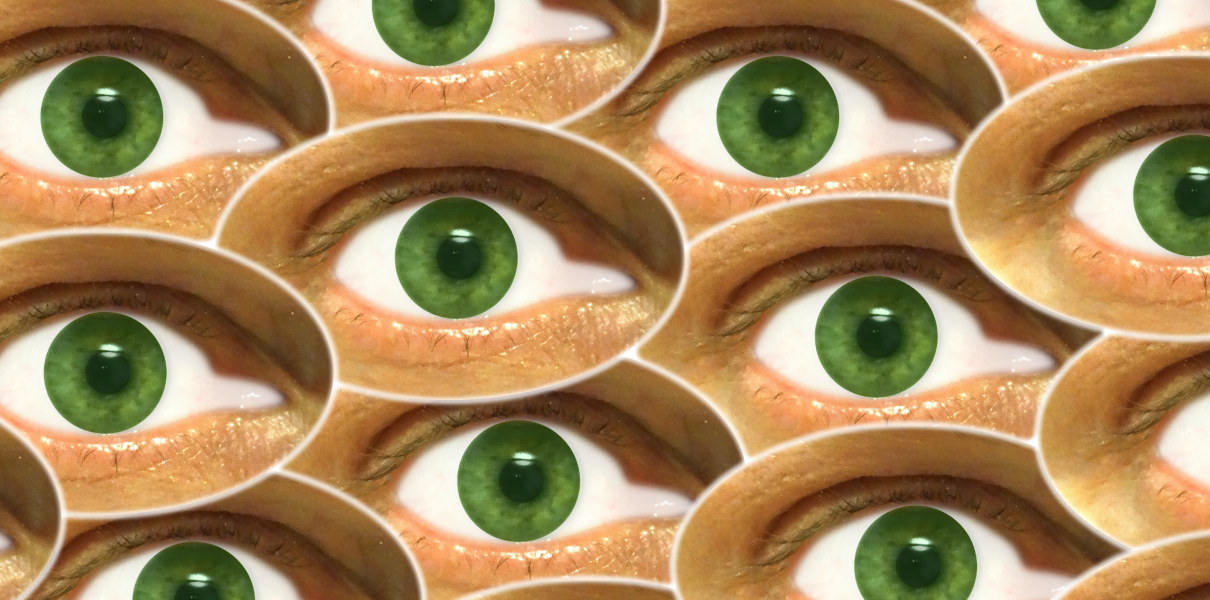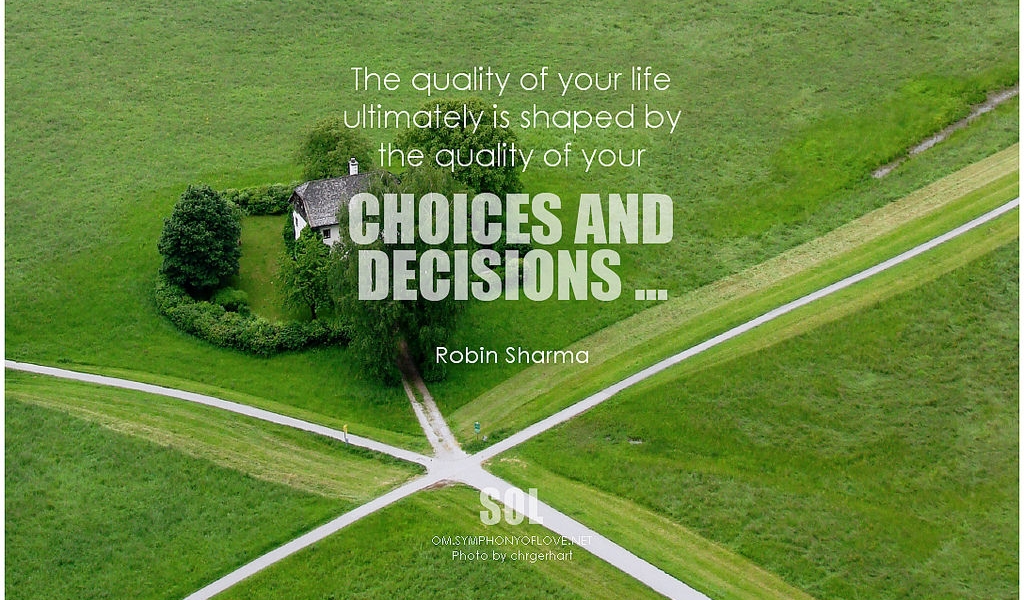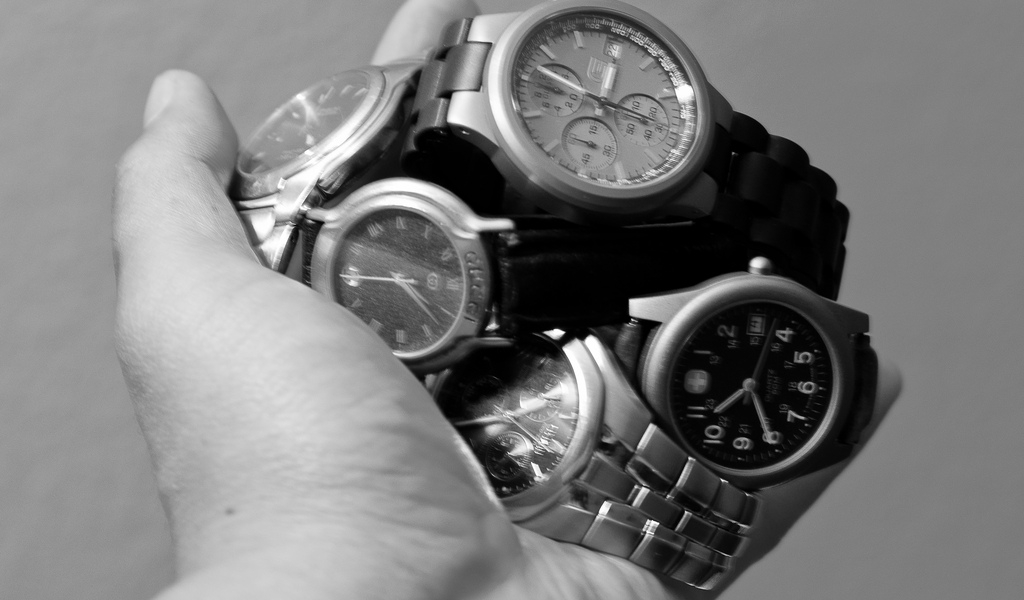Many languages and cultures carry the same wisdom: “Do unto others as you would have them do unto you.” One would think that is always good advice. However, there are two fundamental assumptions in The Golden Rule that require a note of caution in its application.
Consider the following situation. Several years ago, I was working with a client who was in an abusive marriage. She was very clear that she wanted to leave her husband and needed to do so. But, she just couldn’t do it. When we explored why, it turned out to be attributable to her deep belief in The Golden Rule. Her interpretation was that her husband was unemployed, fairly unemployable and generally down on his luck and if she was in his shoes, she certainly would not want her spouse to leave her. While enormously compassionate, she was still being abused.
Her literal interpretation of The Golden Rule blocked her from seeing the full picture of what was going on. The reality was that if she was in her husband’s position, she would not behave as he was behaving. He was one of those downright nasty people who took pleasure from manipulating and hurting other people and making his life challenges other people’s problems. Somehow, it gave him a sense of being superior.
The first caveat to The Golden Rule is that it must be applied to one’s self first and then to others. In other words, do onto yourself as you would have others do onto you. If you extend your loving kindness to others at your own expense, then you become your own abuser. Put another way, if there is a conflict between treating yourself and the other person with loving kindness, it is wise to take care of yourself first so that you can come from a position of strength and balance in being of service to others.
I learned this wisdom when I was ordained. The charge of my ministry was to first minister to myself, not in a selfish way, but rather as a loving parent tends to the needs of a child. The ministry then extends to others. It took me many years to appreciate the wisdom of making sure I was maintaining my own health and balance so that I could relate to others in a more loving way without doing so at my own expense.
Here’s how the first caveat applied to my client. She was so focused on how she was treating her husband that she neglected to look at how she was behaving towards herself. She was allowing herself to be abused continuously. When I shared the first caveat with her, she recognized that she was allowing herself to be abused by ignoring her responsibility to herself and focusing only on how she would feel in her husband’s shoes — completely unaware of the fact that she would never behave as he did. Just as repeatedly burning your hand by placing it over a flame is unwise, so is opening the door to repeated abuse.
The second caveat is the assumption that you are dealing with a healthy person of integrity. Sometimes you are not. When someone is in such an unhealthy place in their consciousness as to be repeatedly abusive to others, the most loving response for one’s self and the abuser is often to leave or refuse to engage in an adversarial response. This refusal to support the abuser in his or her weakness can be the wakeup call needed. Our most loving behavior is often to refuse to tolerate abuse.
The bottom line is that we all want to be loved by each other, but sometimes we lose sight of that and treat one another in terrible ways. The way I interpret The Golden Rule is not that we are supposed to turn the other cheek by inviting more abuse, but rather serving one another by example. Figuratively, we can turn the other cheek by not responding to aggression with aggression but with what we truly believe is for the highest good of all concerned. For example, when my client left her husband she wrote him a long and loving letter in which she affirmed her love for him, wished him well, encouraged him to get help and made it perfectly clear that the marriage was over and that it was time for her to look after her own health and well-being.
For me, the message of The Golden Rule is to treat each other with loving kindness. Sometimes this means demonstrating our unwillingness to meet aggression with aggression by choosing not to participate in what others are dishing out.
If you would like to know more about me and my work, please explore my website here.
Also, if you know anyone who might get value from this article please email or retweet it or share it on Facebook.

